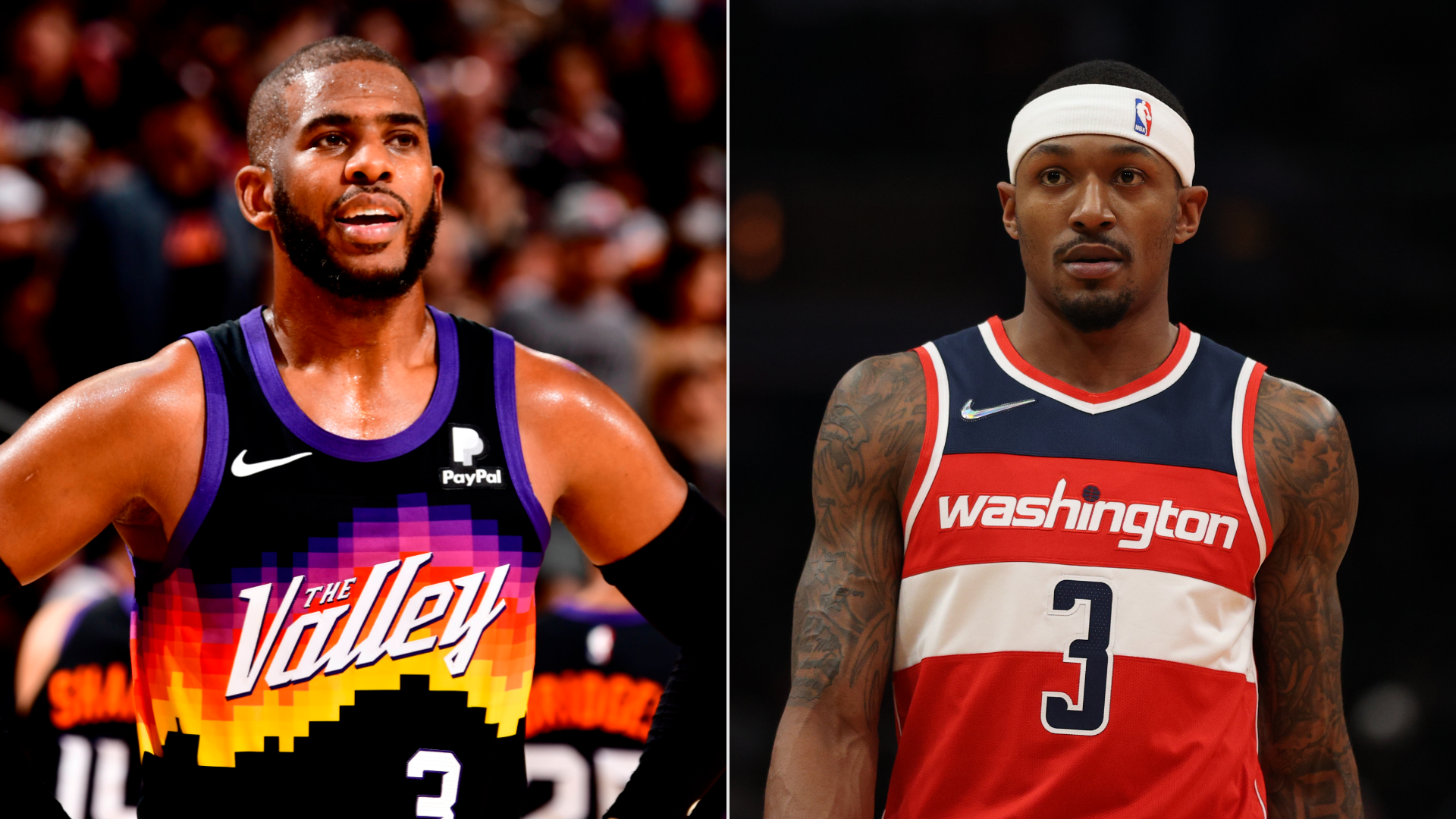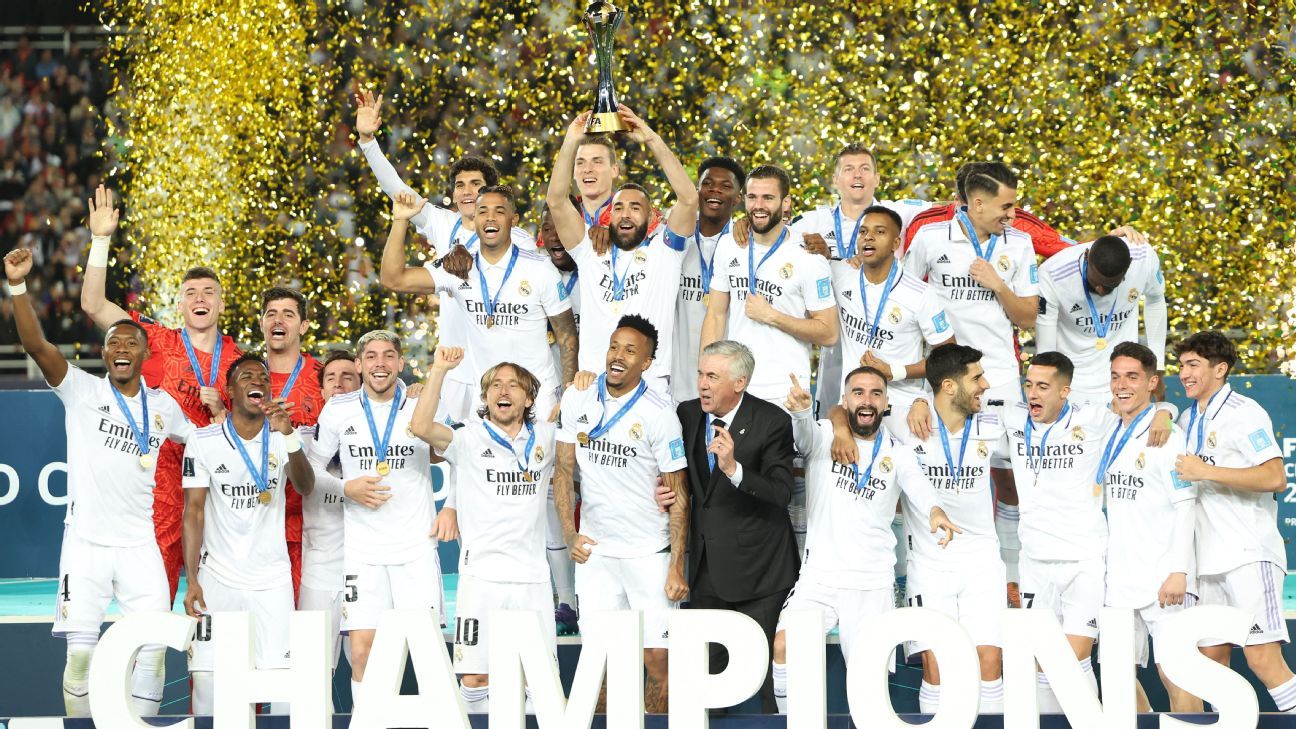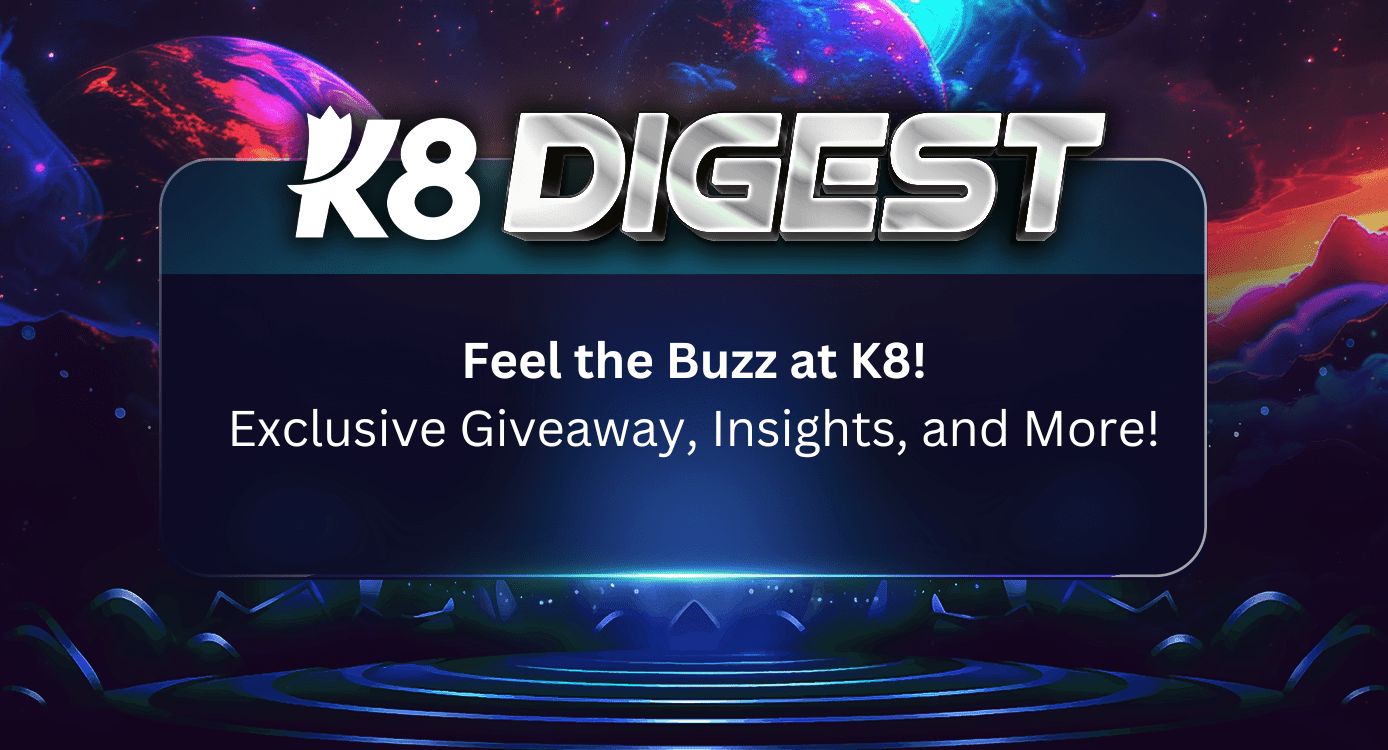News

Suns Bolstering Their Roster with Bradley Beal Trade, Creating a Superteam in the Nick of Time
As a consequence of Washington's mishandling of its superstar guard throughout recent years, the deal with Phoenix is deemed a failure, reflecting mismanagement at every stage.
Bradley Beal is set to join a championship contender as he moves to the Suns, as per reports from multiple sources. In exchange, the Wizards will receive Chris Paul, Landry Shamet, and multiple second-round picks. Beal, a three-time All-Star who will turn 30 before the start of the season, recorded an average of 23.2 points per game last year. He will maintain his full no-trade clause with Phoenix and has four years remaining on his $251 million extension signed with the Wizards in the previous summer.
While the combination of Beal, Booker, Durant, and Ayton looks impressive on paper, the trade's salary cap implications for Phoenix present significant challenges and temper the overall excitement surrounding the move.
With Beal, Booker, KD, and Ayton accounting for a combined salary of over $160 million next season, the Suns will have limited resources to sign additional players beyond their own free agents, many of whom had minimal impact in the playoffs. As a second-apron tax team under the new Collective Bargaining Agreement (CBA), the Suns' front office will face restrictions in assembling a complete roster. In the past, it would have been easier to build around this team, but now the Suns require a starting point guard, wing defender, and competent depth, which will necessitate creative acquisitions. Additionally, it's important to note that Booker, Beal, and Durant all missed significant playing time last year.
Phoenix is banking on the elite talent of its top four players to compensate for the potential shortcomings of the roster beyond them. There is a possibility that Ayton could be traded for multiple players, although that would seemingly contradict the notion of hiring Frank Vogel for his success with big men.
When it comes to on-court performance, the Suns have now assembled three top-tier scorers who excel at scoring from all levels. Beal, Booker, and Durant possess the ability to attack the rim, excel in the midrange game, and shoot three-pointers at a high rate. However, the composition of the rest of the roster raises significant uncertainty. While I commend Phoenix for challenging the limitations imposed by the new CBA, their restricted options for building a supporting cast around the core four prevent me from fully embracing unreserved excitement for this deal.
This marks a disappointing conclusion to a series of poor decisions made by the Washington front office. While it's not President Michael Winger's fault for inheriting this team's predicament, the Beal era in D.C. couldn't have ended in a more disheartening manner.
The Wizards made significant mistakes by granting Beal a supermax contract along with a no-trade clause, which severely diminished his trade value. In this deal, Washington is essentially only gaining salary relief. Chris Paul will likely be waived, and it's uncertain if any substantial returns will come from potential involvement of a third team. Second-round picks alone are unlikely to make a significant impact. It's even ironic that in a move aimed at clearing salary, the Wizards acquired Shamet with three more years on his contract.
To salvage something with Beal, the Wizards would have needed to trade him years ago, refrain from offering him a supermax, or at the very least, avoid granting him a no-trade clause. Regrettably, the Wizards failed on all fronts, leaving them empty-handed for the past five prime years of Beal's career.

Get K8 Airdrop update!
Join our subscribers list to get latest news and updates about our promos delivered directly to your inbox.



